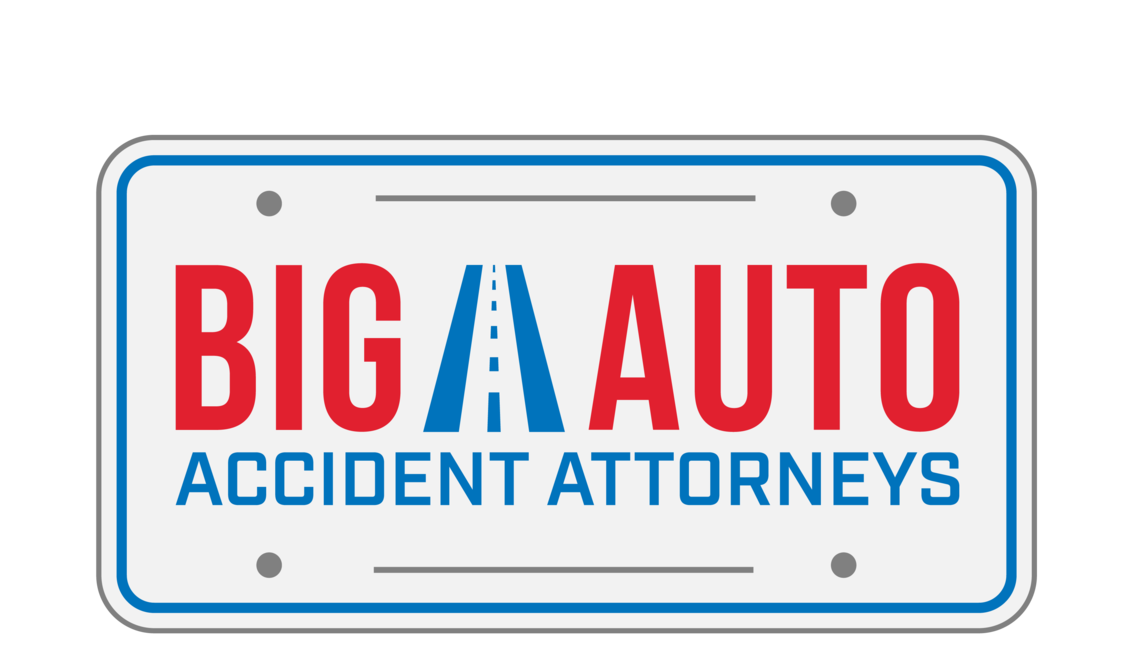How Long After a Car Accident Can Symptoms Appear?
FREE CASE REVIEW FREE CASE REVIEW ⟶
Car crashes are extremely dangerous and often cause significant injuries. While some injuries are noticed as obvious emergencies, other injuries may take longer to diagnose. It is important to know about these injuries and seek medical treatment after a car crash; you may be entitled to compensation.
Medical Attention After a Car Accident
If you’ve been in a car accident, even if you think you aren’t seriously injured, you need to seek immediate medical attention. Many injuries are not obvious; while we tend to think of broken bones and lacerations, there are a great deal many more injuries that aren’t so visible from the outside.
After a car accident, medical professionals will examine you. They may order imaging, like x rays and CT scans, depending on the symptoms you report and the severity of their findings. Keeping your doctor updated with any new pain or other symptoms can help them catch an ongoing or developing condition.
Common Car Accident Injuries With Delayed Diagnosis
Curious about how long symptoms can appear after a car accident? These medical conditions and injuries are common results that can hide from medical professionals during the initial examination.
Whiplash
Whiplash is a neck injury that occurs when the head is suddenly jolted backward and then forward, straining the soft tissues of the neck. Treatment may involve rest, ice, physical therapy, and pain management techniques such as medication or injections. Recovery time varies but can range from a few weeks to several months. Whiplash symptoms may appear within a few days to weeks after a car crash.
Concussion
A concussion is a mild traumatic brain injury caused by a blow to the head or violent shaking of the head and body. To treat a concussion, you usually get cognitive and physical rest and keep an eye on your symptoms. While most concussions resolve within a few weeks to months, some individuals may experience persistent symptoms that last for several months or longer. Concussion symptoms may take hours or even days to develop.
Soft Tissue Injuries (Strains and Sprains)
Soft tissue injuries involve damage to muscles, tendons, or ligaments, often resulting from sudden force or overextension. This damage can be permanent and cause chronic pain. Some soft tissue injuries can be treated with medication, but others may require physical therapy and take several months or longer to recover. Soft tissue injuries may become apparent days after a car accident.
Internal Bleeding
This common car accident injury happens when blood vessels are damaged or ruptured, leading to blood loss within the body. Once spotted, it requires immediate medical intervention, including surgery to repair damaged blood vessels and stop the bleeding. The impact of internal bleeding can be life-threatening if not promptly diagnosed and treated– and its symptoms can take hours or days to manifest.
Herniated Discs
A herniated disc occurs when the soft inner core of a spinal disc protrudes and compresses nearby nerves. This injury results in pain, numbness, and weakness. Herniated disc symptoms after a car accident can take months to diagnose, and may require lifelong medication, physical therapy or even surgery to correct.
Nerve Damage
Nerve damage involves injury to the nerves that transmit signals between the brain and body, leading to pain, weakness, numbness, or loss of sensation. Treatment can include medication, physical therapy, nerve blocks, and in severe cases, surgery. The impact of nerve damage is highly variable, and it may take years to develop as symptoms worsen.
Traumatic Brain Injury (TBI)
Traumatic brain injury, like concussion, is damage to the brain caused by an external force. Treating a TBI may involve a number of medical interventions, rehabilitation therapies and supportive care to address the range of symptoms. The impact of TBI can be as severe as long-term cognitive impairment or disability. TBI sometimes develops over a period of months or years, registering as long-term decline.
Organ Damage
Internal organ damage is often not caught in the initial trauma examination after an auto accident. Instead, this damage is often caught after some time and is diagnosed after additional imaging or diagnostic tests. Treatment for organ damage often requires surgery, along with a long period of supportive care.
Spinal Cord Injury
Injuring your spinal cord can either show up immediately or take a much longer time to diagnose; it all depends on what nerves were damaged, where they were damaged and how severe the damage was. Spinal cord injuries that don’t cause immediate dramatic effects can easily be overlooked for months.
Fractures or Broken Bones
Not all breaks in a bone are immediately obvious. Spiral fractures and stress fractures might only be diagnosed through medical imaging, and a bone with a hidden fracture might not be an immediate choice for imaging. But if you have pain that doesn’t go away days after a car accident, you should return for medical imaging to see if there’s a crack in your bone structure.
How Long After A Car Accident Can I Seek Injury Compensation?
The time limit to seek injury compensation after a car accident varies depending on the jurisdiction and the type of claim you’re pursuing. Most jurisdictions have a statute of limitations, which is a legal time limit within which a lawsuit must be filed.
This time limit can vary significantly from state to state and can range from one to six years or more, depending on the jurisdiction and the type of claim. It’s essential to be aware of the statute of limitations that applies to your specific case, as failing to file a lawsuit within the prescribed time frame can result in the loss of your right to seek compensation.
In addition to the statute of limitations for filing a lawsuit, there are often important deadlines for filing insurance claims with your own insurance company or the at-fault party’s insurance company. These deadlines, known as notice requirements, typically range from days to weeks after the accident. But this depends on the terms of the insurance policy and the laws of the jurisdiction.
These deadlines are why it’s important to seek medical attention immediately after a car accident. It’s not just for your health and well-being; you need to document any injuries you may have sustained. Delaying medical treatment can be dangerous for your health and can affect your ability to pursue compensation for your injuries.
Insurance companies may question the severity or causation of your injuries if there is a significant gap between the accident and when you sought medical treatment. If you continue to get medical attention, you create a paper trail that links back to the accident.
The immediate chaos of a car accident can make everything seem like a blur. But remembering to get ongoing medical treatment is important. Without ongoing monitoring, diagnosis and treatment, it can be a challenge to get the compensation you are owed for your injuries.
Seeking Injury Compensation After A Car Accident
If you have been injured in a car accident, you may wish to speak to a car accident attorney for more information. The national team at Big Auto Attorneys can assess cases all over the country.


